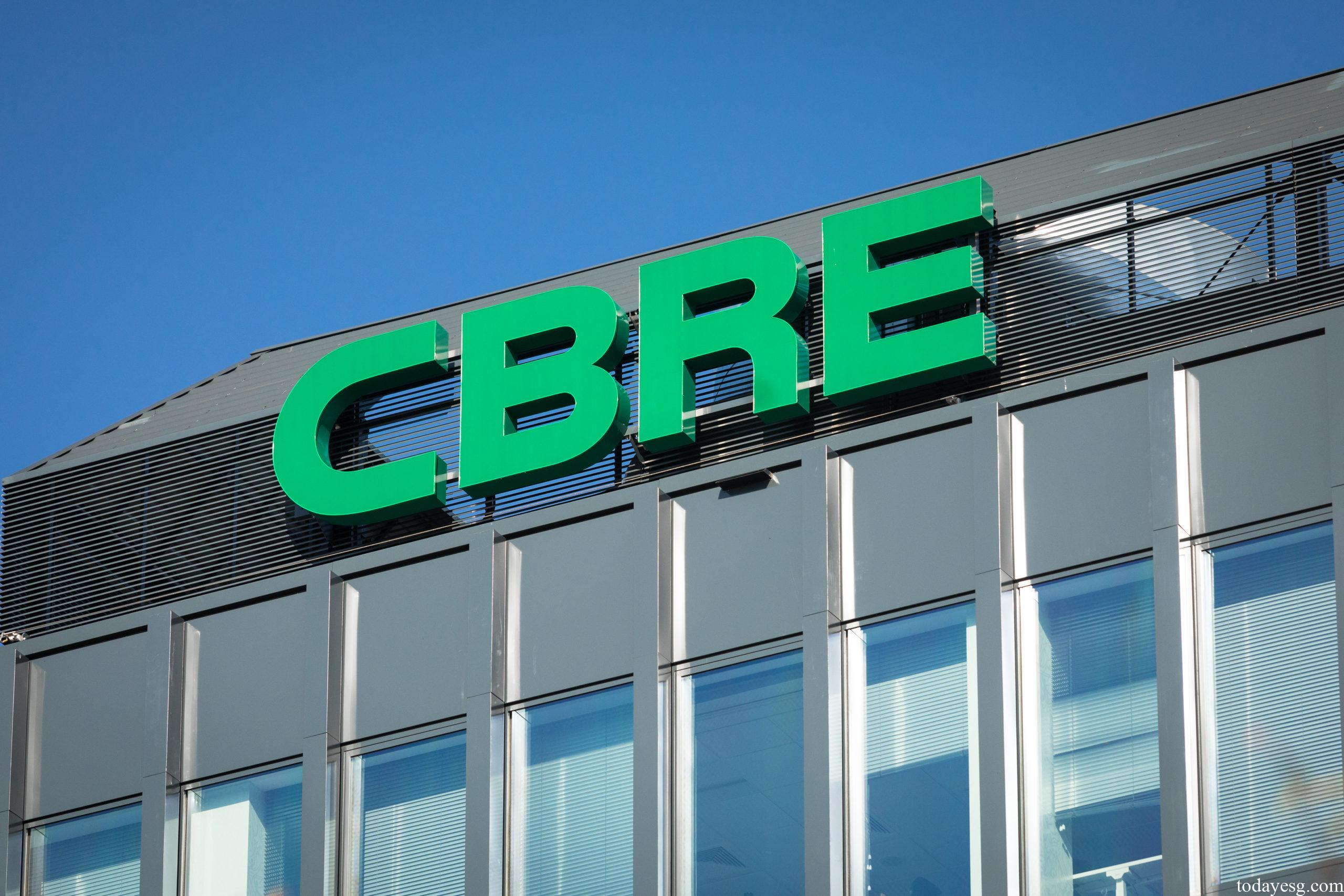ESG Survey Report of Real Estate Industry
CBRE, an international real estate research institution, releases an ESG survey report of real estate industry. Through the survey of more than 500 industry experts, it shows the current development of ESG in the global real estate market and the challenges faced by implementing ESG strategy.
Although the uncertainty of the global economy is increasing, the development of ESG in the real estate industry is still very rapid. 67% of respondents paid more attention to ESG strategy, mainly due to the disclosure requirements of regulators and the increase of energy prices. The ESG disclosure requirements in Europe are stricter, and 76% European investors and 59% occupiers have strengthened their attention to ESG, accounting for the highest proportion in the world.
ESG Development in Real Estate Industry
In terms of the driving factors for implementing the ESG strategy, 63% respondents believes that the ESG strategy is in line with the company’s values and purposes, 47% comes from the needs of customers or shareholders, and 43% believes that it is necessary to comply with relevant regulatory policies. In addition, reducing risk and maintaining profitability are also important factors to implement ESG strategy.
In the implementation of the ESG strategy, 67% respondents believes that the ESG strategy can reduce greenhouse gas emissions, 58% believes that it can improve health conditions, and 55% believes that it can reduce resource waste.
In terms of net zero targets, 65% real estate companies have made public net zero commitments, and half of them have started to set scientific emission reduction targets. In terms of the time, the real estate investors who plans to achieve net zero in 2030, 2040 and 2050 accounted for one third respectively.
In terms of carbon emissions, half of real estate investors have started to use the measurement method of Scope 1 2 3, of which 47% use Scope 1, 44% use Scope 2, and 31% use Scope 3.

Environmental Factors of Real Estate Development
In ESG survey report, CBRE studies the role of environmental factors in real estate value and transaction decision-making, and what environmental factors investors are willing to pay a premium for. According to the survey, 84% of respondents believe that reducing energy consumption has an important impact in the evaluation transaction, followed by green building certification (79%) and the use of renewable energy (77%).
In terms of green building certification, green certified buildings can obtain a rent premium of 3.7%, while the premium of sustainable certified commercial real estate in Europe is 5.5%. 45% respondents are willing to pay a premium for the property with green building certification. In the absence of green certification, 20% consider seeking discount and 14% consider giving up investment.
In addition, 75% respondents will consider the impact of climate change on real estate projects. 40% of them are willing to pay a premium for buildings with climate flexibility. Respondents are more inclined to focus on how real estate buildings can mitigate climate change, such as reducing energy consumption.
Social Factors of Real Estate Development
In ESG survey report, CBRE studies the respondents’ views on the social factors of architecture. 82% of investors says that buildings close to public transport is instrumental on their decision-making, and 40% are willing to pay a premium for buildings close to public transport. In addition, 60% of respondents considers whether buildings could improve their health, and 49% considers rejecting buildings with social disputes.
ESG Challenges in Real Estate Industry
In ESG survey report, CBRE believes that the real estate industry faces the following challenges:
- Transparency of information. Both stakeholders and counterparties can improve information transparency and reduce ESG risk through cooperation or data sharing;
- Data collection and measurement. Among the environmental factors of real estate development, data will affect green certification and change the behavior of investors and renters. Therefore, data collection and measurement based on technology and digital solutions are essential;
- Consideration of social factors and governance factors. At present, most real estate ESG strategies are focused on the environment, but the proportion of social factors such as health and disputes in real estate decision-making is increasing. The future real estate ESG strategy will cover more social factors and governance factors;
Reference:








